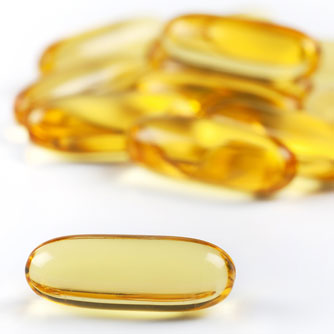Omega-3 Supplementation May Slow the Aging Process
Dietary supplementation of omega-3 fatty acids may lengthen telomeres and reduce oxidative stress. Telomeres are the endcaps of chromosomes, the shortening of which has been associated with the aging process. Jan Kiecolt-Glaser, from Ohio State University (Ohio, USA), and colleagues enrolled overweight but healthy middle-aged and older adults in a study lasting four months. Subjects …










